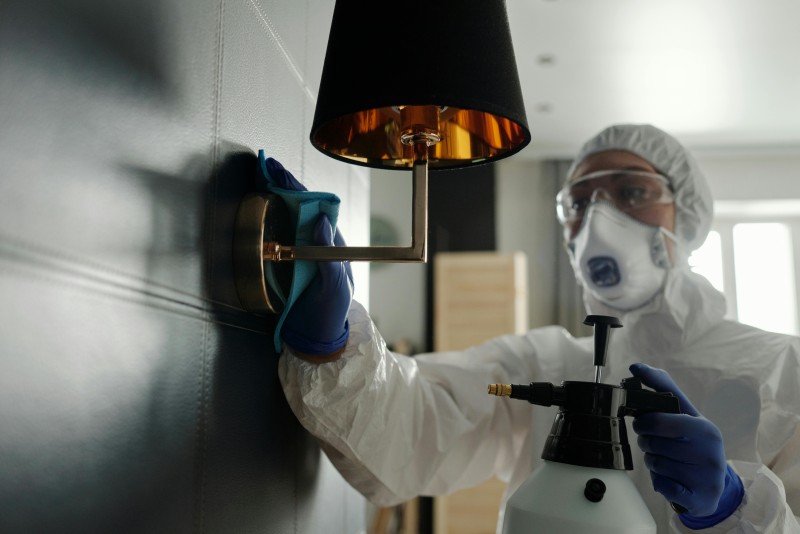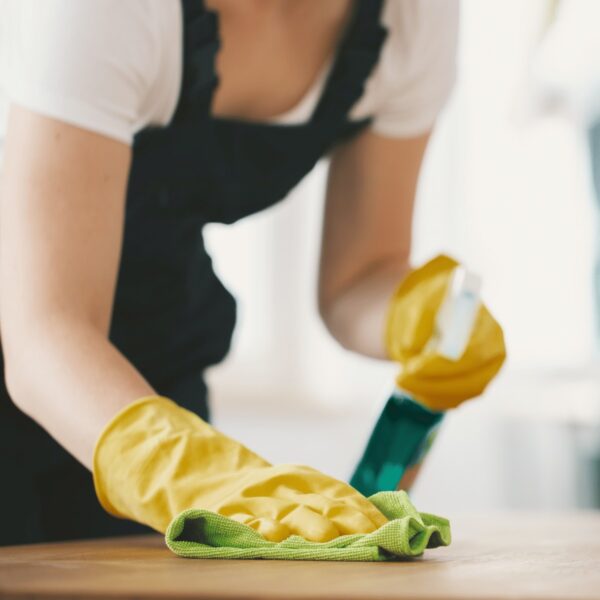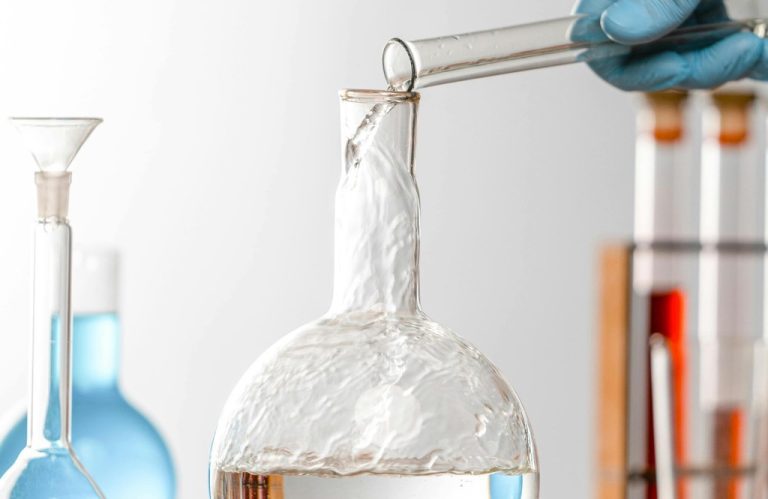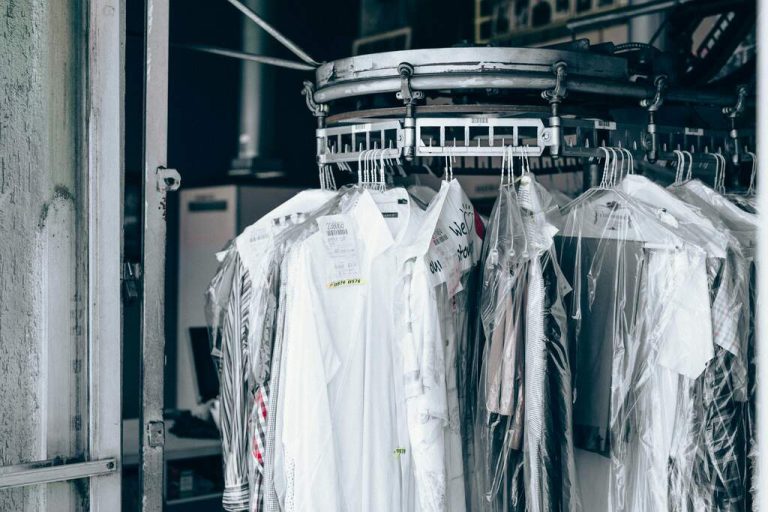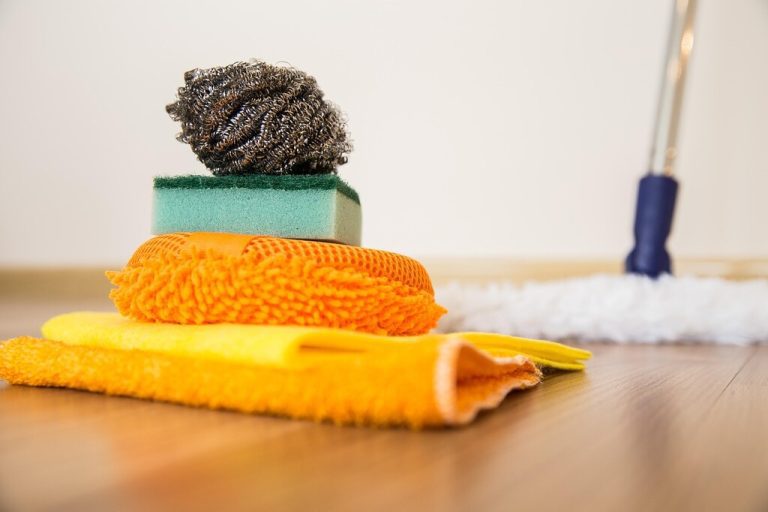Understanding how to disinfect hotel room surfaces is essential for a safe and hygienic stay. With numerous guests passing through daily, hotel rooms can become hotspots for germs and bacteria, making disinfection a must. This guide will walk you through practical steps to disinfect high-touch areas like light switches, remote controls, and bathroom fixtures.
Whether you’re a frequent traveller or enjoying a quick getaway, learning effective cleaning methods ensures your room is not only clean but also safe for you. Stay informed and make your travel experience healthier and more comfortable!
Why Is It Necessary to Disinfect Hotel Rooms?
Disinfecting hotel rooms is crucial for maintaining a clean environment and ensuring guest satisfaction. Guests expect a hygienic space upon check-in, and hotel management must prioritise effective sanitation methods to minimise health risks associated with bacteria found on common surfaces like bathroom fittings and remote controls.
A thorough cleaning routine enhances the overall guest experience and builds trust in the establishment’s hygiene practices, especially when considering how to disinfect hotel room effectively.
a. What Are the Common Germs Found in Hotel Rooms?
Common germs in hotel rooms include bacteria such as E. coli, Salmonella, and Staphylococcus aureus, which can thrive on surfaces like toilet seats and light switches. These pathogens often originate from unwashed hands, kitchen areas, and bedding, highlighting the need for rigorous cleaning practices.
By training cleaning staff to identify high-risk areas and using hospital-grade disinfectants, hotels can significantly reduce the potential spread of these germs, ensuring a safer environment for all guests.
b. How Do Germs Spread in Hotel Rooms?
Germs can quickly spread in hotel rooms through high-touch surfaces such as doorknobs, remote controls, and bathroom fixtures. Understanding how germs circulate is essential for hotel management to implement effective preventive measures through comprehensive cleaning strategies.
High-contact areas like lift buttons and handrails are significant contributors to germ transmission, making it crucial for housekeeping teams to prioritise these surfaces during cleaning routines.
To mitigate the risk of cross-contamination, hotel staff should use disinfectants effective against a broad range of pathogens and receive regular training on sanitation best practices. By fostering vigilant cleaning methods and adhering to health regulations, hotels can create a safer, cleaner experience for all guests, ensuring peace of mind during their stay.
How to Disinfect a Hotel Room?
Disinfecting a hotel room requires a systematic approach that includes using the right cleaning supplies, following effective techniques, and adhering to a detailed cleaning checklist. This thorough process ensures that surfaces are properly sanitised, meeting the hygiene standards guests expect.
Understanding how to disinfect hotel room effectively is crucial for maintaining cleanliness and operational efficiency, ultimately leading to enhanced guest satisfaction.
a. What Cleaning Supplies Do You Need?
To effectively disinfect a hotel room, essential supplies include disinfectant wipes, surface cleaners, and various tools tailored for different surfaces. Utilizing the right products is critical for maintaining a hygienic environment, contributing to guest safety and satisfaction.
Key supplies should consist of disinfectant wipes for quick sanitisation, surface cleaners for removing grime, and Microban for lasting protection against bacteria. Glass cleaners also ensure mirrors and windows remain streak-free. Consistently applying these supplies and best practices boosts guest trust and enhances overall hotel operations.
b. Step-by-Step Guide to Disinfecting a Hotel Room
A step-by-step guide to disinfecting a hotel room should include a systematic cleaning process focusing on high-touch surfaces first, followed by an overall assessment of cleanliness to ensure the room meets hygiene standards. Here’s a recommended outline:
- Start with High-Touch Surfaces: Concentrate on doorknobs, light switches, remote controls, and tap handles, as these areas are most prone to germ accumulation.
- Clean Before Disinfecting: Dust and wipe down surfaces to remove debris and dirt. This step is critical, as disinfectants work more effectively on clean surfaces.
- Use Appropriate Disinfectants: Select products that are proven to be effective against viruses and bacteria, and ensure they are used in accordance with the manufacturer’s instructions.
- Allow Contact Time: After applying the disinfectant, let it sit for the recommended time to maximise its effectiveness in killing pathogens.
- Final Assessment: Once all areas are treated, conduct a thorough walkthrough to verify that every surface, especially high-contact zones, is clean and disinfected.
Regularly check cleaning efficiency by using UV indicators or colour-coded cleaning cloths to ensure no spots are missed. These simple yet effective tips will guarantee that all surfaces remain safe and hygienic for every guest, maintaining a consistent cleaning history.
c. How Often Should You Disinfect a Hotel Room?
Disinfecting hotel rooms should typically occur after each guest’s stay and during extended stays to maintain high cleanliness standards. In high-traffic hotels, rigorous cleaning schedules may involve multiple disinfection rounds daily. Boutique hotels might adopt a more personalised approach, focusing on deeper cleaning techniques. Assessing traffic patterns can help identify peak times needing extra attention.
By utilising eco-friendly disinfectants, hotels can appeal to environmentally conscious travellers, ultimately ensuring guest satisfaction and safety while fostering a welcoming atmosphere for positive experiences and repeat visits.
Tips and Tricks for Disinfecting a Hotel Room
Implementing effective tips and tricks for disinfecting hotel rooms can significantly improve cleaning routines and ensure a more thorough cleaning process. Some of these include doing a number of things such as:
a. Use Disposable Gloves
Using disposable gloves during hotel room cleaning is essential for protecting staff from germs and preventing cross-contamination. This simple practice promotes a sanitary environment for both staff and guests. It’s important to choose gloves that fit properly and dispose of them in designated bins after use. By adhering to these guidelines, hotel staff can enhance cleaning protocols and create a healthier space.
b. Pay Attention to High-Touch Surfaces with Microban
Focusing on high-touch surfaces is critical in the disinfecting process, as these areas are prone to germ accumulation. Key items like remote controls, light switches, and door handles require extra attention. Hotel staff should use EPA-approved disinfectants, ensuring they stay on surfaces for the recommended time to effectively eliminate germs, thereby fostering a healthier environment for all guests.
c. Use a Disinfectant Spray or Wipes for Airbnb Cleaning
Utilising disinfectant spray or wipes is vital for effectively killing germs in hotel rooms and is equally important for Airbnb cleaning services. Understanding the effectiveness of different disinfectants is crucial, as surface types may require specific formulations. Always follow the manufacturer’s guidelines, apply the product generously, and ensure proper ventilation during use to enhance sanitation and assure guests of their safety.
d. Don’t Forget About Soft Surfaces
Cleaning soft surfaces like curtains and upholstery is essential for overall hotel sanitation, as these areas can harbour germs. Regular vacuuming helps eliminate dust and allergens, while spot cleaning tackles stains.
Using gentle upholstery cleaners or steam cleaning promotes deep sanitation without harsh chemicals. A commitment to cleanliness in soft furnishings significantly enhances guest experiences and encourages repeat visits.
e. Let the Disinfectant Sit for the Recommended Time
Allowing disinfectants to sit for the recommended time is crucial for maximum effectiveness in killing bacteria and viruses. This practice ensures harmful pathogens are eliminated, not just moved around. Adhering to guidelines for dwell time enhances sanitisation and protects guest safety. Staff training should emphasise the importance of this step, reinforcing the commitment to maintaining a clean and safe hotel environment.
How to Stay Safe While Disinfecting a Hotel Room?
Staying safe when disinfecting hotel rooms is of utmost importance to the housekeeping team, and this can be done by implementing a number of things such as:
a. Wear Protective Gear
Wearing protective gear, including gloves, masks, and goggles, is vital for cleaning staff to avoid exposure to harmful chemicals and germs. This equipment acts as a barrier against potential hazards, providing both safety and peace of mind. Selecting the right gear is crucial; gloves should be durable, masks should filter harmful particles, and goggles should protect against splashes.
b. Properly Dispose of Used Cleaning Supplies
Proper disposal of used cleaning supplies is crucial for maintaining hygiene in hotel environments. It minimises health risks and ensures that cleaning staff adhere to best practices. Implementing effective waste management protocols, such as designated receptacles for hazardous materials and staff training, is essential. These proactive measures foster a culture of responsibility and promote a safer working environment.
c. Wash Your Hands Frequently
Frequent hand washing is one of the most effective hygiene practices for cleaning staff in preventing germ spread while disinfecting hotel rooms. Staff should wash their hands before entering a guest room, after handling chemicals, and after touching common surfaces. Emphasising proper hand hygiene significantly enhances the overall safety of hotel guests and reinforces the establishment’s commitment to cleanliness.
To effectively learn how to disinfect hotel room surfaces, it’s crucial to implement the right cleaning techniques and products. With the presence of countless germs in high-traffic areas, ensuring a thorough disinfection process not only enhances your safety but also improves your overall experience during your stay.
This knowledge empowers you to advocate for a cleaner environment, making your travel more enjoyable. For the best results, consider relying on professional cleaning services. By using the specialised cleaning services from TEKA Cleaning, you can ensure that your hotel room is deep-cleaned and sanitised to the highest standards.
Don’t compromise on your health, call TEKA Cleaning at 01223 751 544 today to secure a fresh, germ-free space for your next trip!
Read also:







